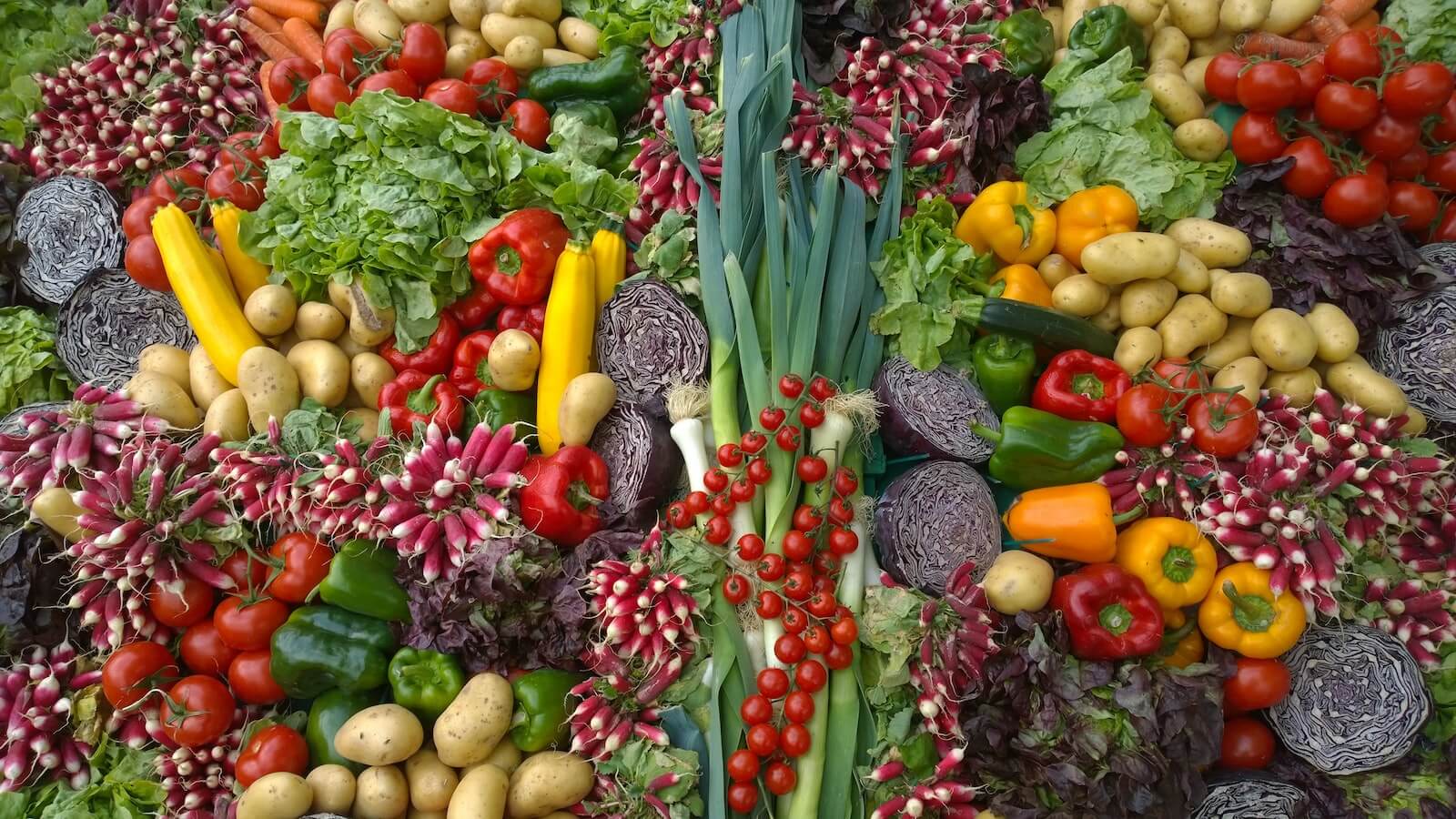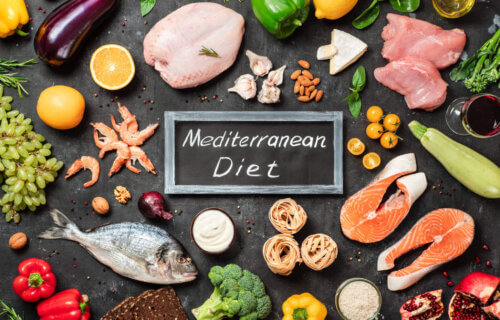ADELAIDE, Australia — Just how colorful is your diet? Researchers from the University of South Australia report that men who eat a “rainbow” of fruits and vegetables regularly are less likely to develop prostate cancer. More specifically, study authors say certain colorful produce rich in certain micronutrients help prevent the disease and even speeds up recovery among men undergoing radiation treatment for prostate cancer. All in all, the research team believes these findings highlight the importance of adopting a healthy diet featuring tons of produce — such as the Mediterranean diet.
Researchers compared micronutrient plasma concentrations of prostate cancer patients with samples collected from a healthy control group. This revealed low levels of lutein, lycopene, alpha-carotene, and selenium among the prostate cancer patients. They also had high levels of iron, sulfur, and calcium, in comparison to the controls. More DNA damage post-radiation exposure also displayed a link to low lycopene and selenium in blood plasma.
Men with plasma concentrations lower than 0.25 micrograms (ug) per milliliter (mL) for lycopene and/or lower than 120ug/L for selenium had an increased risk of prostate cancer. Researchers were also more likely to consider them sensitive to radiation.
What are the best foods men can eat for prostate health?
Foods that are rich in lycopene include tomatoes, melons, papayas, grapes, peaches, watermelons, and cranberries. Selenium-rich foods include nuts, seafood (fish, shellfish), and white meat. Study co-author Dr. Permal Deo adds that, according to previous research, it’s a better idea to eat foods naturally rich in lycopene and selenium as opposed to taking supplements.

“Our recommendation is to adopt a Mediterranean diet enlisting the help of a dietician because people absorb nutrients in different ways, depending on the food, the digestive system, the person’s genotype and possibly their microbiome,” Dr. Deo says in a university release.
Prostate cancer can only happen to men, ranking among the most common and fatal types of the disease for males. However, the nutritional deficiencies associated with prostate cancer have largely gone unstudied, until now. Other risk factors (ethnicity, family history, age) have also been linked to prostate cancer in earlier studies.
“There is strong evidence that being overweight and tall increases the risk of prostate cancer. Diets high in dairy products and low in vitamin E may also increase the risk but the evidence is less clear.”
Vitamin E is present in plant-based oils, nuts, seeds, fruits, and vegetables.
The studies are published in the journal Cancers.


Till someone declares it isn’t.